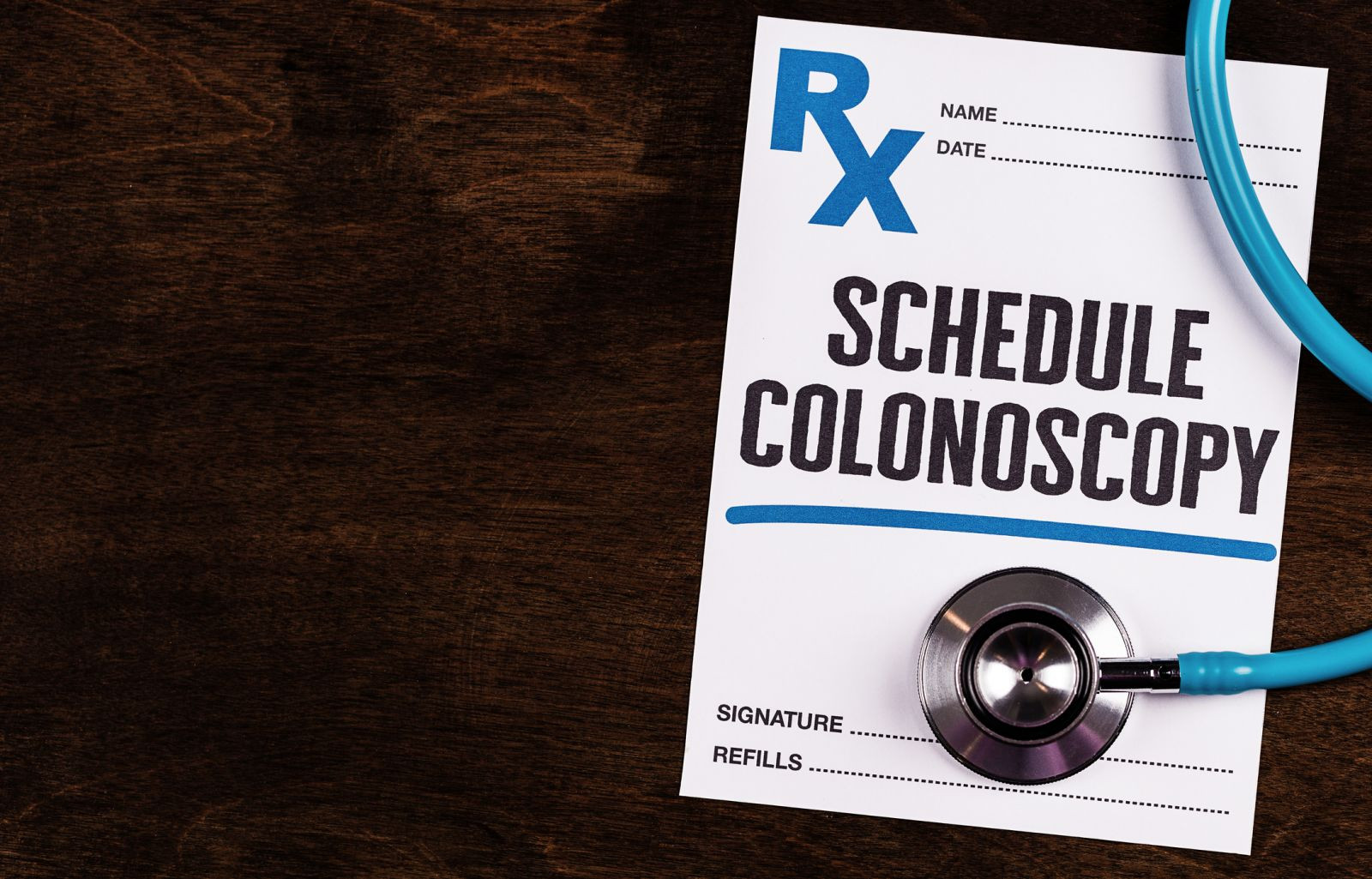
Wildfires: How to cope when smoke affects air quality and health

What can magnesium do for you and how much do you need?

Dry socket: Preventing and treating a painful condition that can occur after tooth extraction

What happens during sleep �� and how to improve it

How is metastatic prostate cancer detected and treated in men over 70?

Could biofeedback help your migraines?

What is autism spectrum disorder?

Plantar warts: Options for treating this common foot condition

Cancer survivorship: What comes next after treatment

Nutritional yeast: Does this savory, vegan seasoning pack a nutritional punch?
Diseases & Conditions Archive
Articles
Most liver risk comes from over-the-counter drugs and supplements
Many different medications can potentially harm the liver, so doctors sometimes do liver function tests to ensure safety. The worst-case scenario is liver failure, but when this happens, the cause is usually not prescription medications, but rather the over-the-counter painkiller acetaminophen (Tylenol) or herbal supplements, according to a study in Gastroenterology.
Researchers scrutinized 5.4 million records of patients in the Kaiser Permanente Northern California system from 2004 to 2010. They identified only 62 cases of liver failure, 32 of which were linked to medications. This may not precisely reflect national rates, but it does suggest that liver failure from medications is relatively uncommon.
Should you worry if you have a fainting spell?
Drinking lots of liquids helps prevent fainting and is especially important in warm weather. Image: Thinkstock |
A fainting spell can be inconsequential, or it can signal a serious health issue. It's important to learn why you faint.
What you should know about anesthesia
Many procedures require anesthesia, and which of the four types you have can affect your recovery.
If you've ever had a tooth filled without Novocaine, you know the difference anesthesia can make. Anesthesia—whether it numbs your mouth or puts you into a full sleep—is designed to keep you comfortable during a procedure that otherwise might be hard to tolerate physically, emotionally, or both. "We have four goals: to see that you have no pain, that you're drowsy or unconscious, that your body is still so that the surgeon can work on it, and that you aren't left with bad memories of the procedure," says Dr. Kristin Schreiber, an anesthesiologist at Harvard-affiliated Brigham and Women's Hospital.
There are four basic kinds of anesthesia—local, which is typically administered to numb a small area; regional, which numbs a larger area, like your hand, arm, or foot; neuraxial (spinal or epidural), which is injected near the spine and numbs the lower half of your body; and general, which works in the brain to render you completely unconscious and unable to sense pain. The type used depends upon the procedure you're having, your state of health, and, often, your preferences.
New drug shows promise for early Alzheimer's disease
Researchers from the biotechnology company Biogen have reported that a new drug reduced the amount of amyloid plaques—the brain deposits associated with dementia—and slowed cognitive decline in people with early Alzheimer's disease. They presented the report March 20, 2015, at the International Conference on Alzheimer's and Parkinson's Diseases in Nice, France.
The researchers studied 166 people ages 50 to 90 who had been diagnosed with mild Alzheimer's. The participants were randomly assigned to receive either a placebo or one of four different doses of the drug aducanumab—an antibody that attaches to amyloid deposits and turns the immune system on them.
Ask the doctor: Do I need a tuberculosis test?
Q. Why is my doctor checking me for tuberculosis? I thought that was eradicated long ago
A. It would be wonderful if tuberculosis (TB) had been eradicated long ago, but unfortunately that's not the case. It is true that the annual number of new cases in the United States has been dropping over the past 20 years; in 2013, there were about 9,500 new cases. However, around the world, particularly in developing nations, TB remains a huge problem. In 2013, there were nine million new cases of TB, and 1.5 million deaths from TB, in the world.
Did youthful fun in the sun put you at risk for an eye condition now?
It's never too late to protect your eyes against sun damage. Look for sunglasses that block 95% to 100% of both UVA and UVB rays. Image: Thinkstock |
Excessive sun exposure can cause damage that shows up many years later.
Adding a diuretic to your blood pressure drug
Diuretics can augment the blood pressure-lowering effects of other drugs, such as ACE inhibitors. Image: Thinkstock |
It may boost the effect of your current medication.
Pay attention to heat wave warnings this summer
If your weather forecaster warns about a heat wave this summer, take it seriously. A study by Harvard researchers found that people with certain conditions were at an increased risk of winding up in the hospital during periods of high heat. Their work was published Dec. 23, 2014, in The Journal of the American Medical Association.
Researchers analyzed hospitalization rates for specific diseases among 23 million Medicare beneficiaries between 1999 and 2010. What sent older adults to the hospital most often during a heat wave? Heatstroke, fluid and electrolyte disorders, kidney failure, urinary tract infections, and sepsis (a dangerous blood infection). For some diseases, the risk of hospitalization was elevated for up to five days after a heat wave day, suggesting that preventing and treating heat-related illnesses is crucial both during and after a heat wave.
How you can make colonoscopy prep easier
Colonoscopy saves lives, and adequate prep is essential for a successful colonoscopy. New laxative preps are making the process easier to tolerate.
Ask the doctor: I have a cataract but can still see well enough to drive. Should I have surgery?
Q. I'm 82 and a landscape painter. Lately the sight in my right eye seems to be affecting my painting, although I can still see well enough to read small print and drive. I have a cataract in that eye. Should I have cataract surgery?
A. A cataract is a thickening and cloudiness of the lens of the eye that is more common as we age. If your eye doctor has recommended that you have the cataract removed, then yes, you should have the surgery, especially if your vision is impaired. The surgery involves taking your lens out and replacing it with an artificial one. Being able to see more clearly will not only help your painting, but it will also reduce your risk of falling. There is even some evidence that people who have cataracts removed live longer than those who don't, possibly because their improved vision allows them to participate more fully in life.

Wildfires: How to cope when smoke affects air quality and health

What can magnesium do for you and how much do you need?

Dry socket: Preventing and treating a painful condition that can occur after tooth extraction

What happens during sleep �� and how to improve it

How is metastatic prostate cancer detected and treated in men over 70?

Could biofeedback help your migraines?

What is autism spectrum disorder?

Plantar warts: Options for treating this common foot condition

Cancer survivorship: What comes next after treatment

Nutritional yeast: Does this savory, vegan seasoning pack a nutritional punch?
Free Healthbeat Signup
Get the latest in health news delivered to your inbox!
Sign Up










